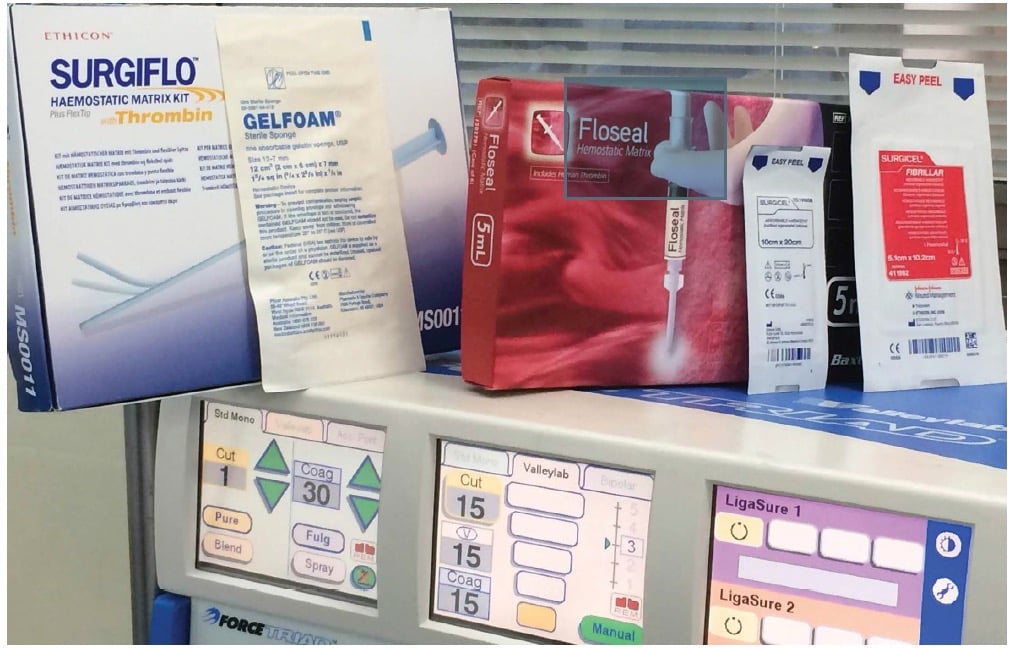User blogs
BL064 Military Ifak Individual First Aid Kit
Gauke Healthcare Co.,Ltd High Quality Outdoor Emergency Medical Kit Camping Survival Kit Military First Aid Kit.To get more news about chest seals, you can visit rusuntacmed.com official website.
A new type of backpack with a great sense of design
NOTICE : We accept low order quantity , custom printing / label, and MOST IMPORTANTLY we can ship the goods DIRCTLY to your door !

We have multiple material / designs / packaging to choose from and serve for more than 10 famous brands with private labeling all round the world.
We have rich experience with Amazon FBA fulfillment.
Gauke is your best choice of Bags and luggages business partner.
Why Choose Gauke ?
1. Gauke is committed to making quality products. Its main market is Japan, USA and Germany.
2. Gauke has strict quality control system and we have good reputation in the market.
3. Gauke accept low MOQ for wholesale .
4. Gauke can print your logo,or sew the EMB logo and care labels for you even for a small quantity. Gauke also Customized hang tags , packages and your shipping mark cartons.
5. Gauke has good cooperation with the most competitive forwarders which enables MTA to deliver the goods to your warehouse directly by the most economic way, you don't need to worry about the custom clearance or the complex import procedure, we will do it all for you - ALL AT Gauke !
Why police need to train to use and carry an IFAK
The modern Individual First Aid Kit or IFAK was developed as a result of research performed into the causes of preventable deaths in combat during Operation Enduring Freedom (OEF) in 2003-2004 and Operation Iraqi Freedom (OIF) in 2006.[1] The findings were sobering. The number of preventable deaths in combat accounted for 7.8 percent of total combat deaths.[2] This significant number had remained essentially unchanged since the Vietnam War.To get more news about ifak pouch, you can visit rusuntacmed.com official website.
Military officials felt that these were unacceptable losses and developed a new system of medical training for non-medical military personnel, Tactical Combat Casualty Care (TCCC).[1, 2] Along with TCCC training, every soldier would also be provided an IFAK. This kit would be worn by every soldier in combat operations for immediate self-aid or buddy aid.

The first IFAK’s were simple in design. The equipment was selected for its ease of use by non-medical personnel and to address the two major causes of preventable deaths in combat, uncontrolled hemorrhage and airway obstruction. This rapid response by the military paid off, and by 2011, the percentage of preventable deaths in combat in was significantly reduced to 2.6 percent.[3] The IFAK, combined with TCCC training, has saved thousands of lives.
The need for civilian law enforcement IFAKS
Recent events, such as the Boston Marathon bombing, the Fort Hood shooting, and several other mass casualty shootings have made it clear that law enforcement officers, like the military, must be prepared to provide immediate life-saving first aid. This need is especially important as civilian paramedics are traditionally staged away from the scene until it is safe or mostly safe to enter. This time delay can prove deadly when rapid bleeding or airway obstruction is present.
In the Fort Hood shooting incident, the officer who stopped the assailant was shot through both thighs. She did not have an IFAK. Off duty physicians on the scene applied improvised tourniquets, but they were not effective. Her life was saved when a military medic applied a C-A-T tourniquet similar to the ones found in military IFAKs.[3]
During the Boston Marathon bombings response 27 tourniquets were applied in the prehospital setting.[1] They were all improvised tourniquets and many of them required replacement with a C-A-T tourniquet to prevent ongoing extremity exsanguination.
In 2015, department issued IFAKs were successfully used by law enforcement officers at a mass shooting incident at a movie theater in Lafayette, Louisiana.[4] These cases demonstrate the need for IFAKs for law enforcement and how IFAKs can save lives in the civilian setting.
In June 2015, the United States InterAgency Board (IAB) released a white paper on Tactical Emergency Casualty Care (TECC) and IFAKs for law enforcement. This paper, referencing the concepts of TCCC and the military IFAK, established recommendations for Tactical Emergency Casualty Care (TECC) training and IFAKs for law enforcement officers. The IAB recommendations, along with a description of each item, are listed below.
The tourniquet is essential to control external hemorrhage to extremities. The reintroduction of the tourniquet to emergency care has demonstrated a significant improvement in the number of lives saved without the feared loss of limb amputation from prolonged restriction of blood flow.[6] After-action analysis of the Fort Hood shootings and the Boston Marathon shootings have demonstrated that improvised tourniquets are often inadequate in controlling severe extremity hemorrhage.
Hemostatic Gauze (1)
Hemostatic gauze is a gauze roll coated with a hemostatic agent that helps to stop bleeding faster and more effectively than gauze alone. It can be used in conjunction with tourniquets or by itself. This is especially useful for wounds to the head, neck or torso where tourniquets cannot be applied.
Mechanical Pressure Bandage (1)
Also known as an Israeli Bandage, a pressure bandage is designed to stop hemorrhage by the application of direct venous pressure at the site of injury. It is usually 4-6 inches in length and has an attached cravat made of elastic ace bandage style material. Many brands also have a device attached to the bandage that allows it to be self-applied using only one hand.